Synopsis– This text explores India’s high startup-friendly cities in 2025, highlighting sectoral clusters, authorities help, and rising investments. It examines how Bengaluru, Mumbai, Delhi NCR, and rising Tier-II hubs contribute to innovation and unicorn development. The evaluation underscores decentralisation as a key driver of India’s increasing entrepreneurial panorama.
India’s startup journey in 2025 tells a narrative of vitality and ambition. From buzzing metros to fast-rising smaller cities, entrepreneurs are discovering room to develop. Insurance policies, funding, and a younger expertise pool have made the nation the world’s third-largest startup hub. Listed below are ten cities main this momentum.
India’s Prime 10 Startup-Pleasant Cities
1. Bengaluru – India’s Silicon Valley
- World Standing: Ranked among the many high 10 worldwide, Bengaluru leads India’s startup ecosystem.
- Sectoral Strengths: Dominant in AI, SaaS, clear applied sciences, and life sciences.
- Expertise Pool: Attracts graduates from IISc, IITs, IIMs, and quite a few engineering schools.
- Ecosystem Assist: World accelerators, enterprise capital exercise, and state applications like ELEVATE.
- Tradition: Collaborative networks and a cosmopolitan workforce maintain their innovation edge.
2. Delhi NCR – Coverage and Market Gateway
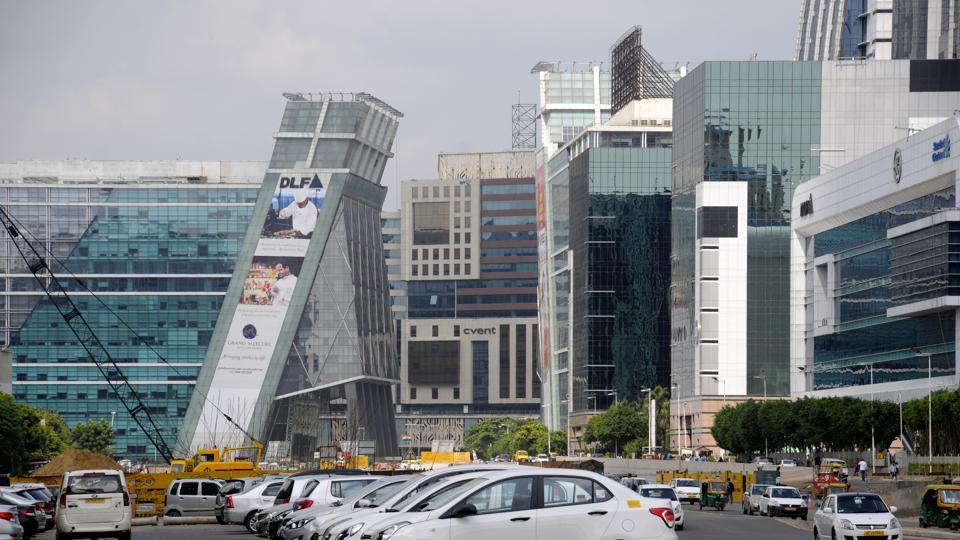
- World Rank: Holds the eleventh spot internationally.
- Range of Startups: Robust in fintech, edtech, logistics, and e-commerce.
- Tri-Metropolis Benefit: Delhi, Gurugram, and Noida mix to offer scale and flexibility.
- Authorities Assist: Coverage backing, co-working areas, and entry to nationwide regulators.
- Shopper Base: Massive and various inhabitants gives unmatched market entry.
3. Mumbai – The Monetary & Media Capital
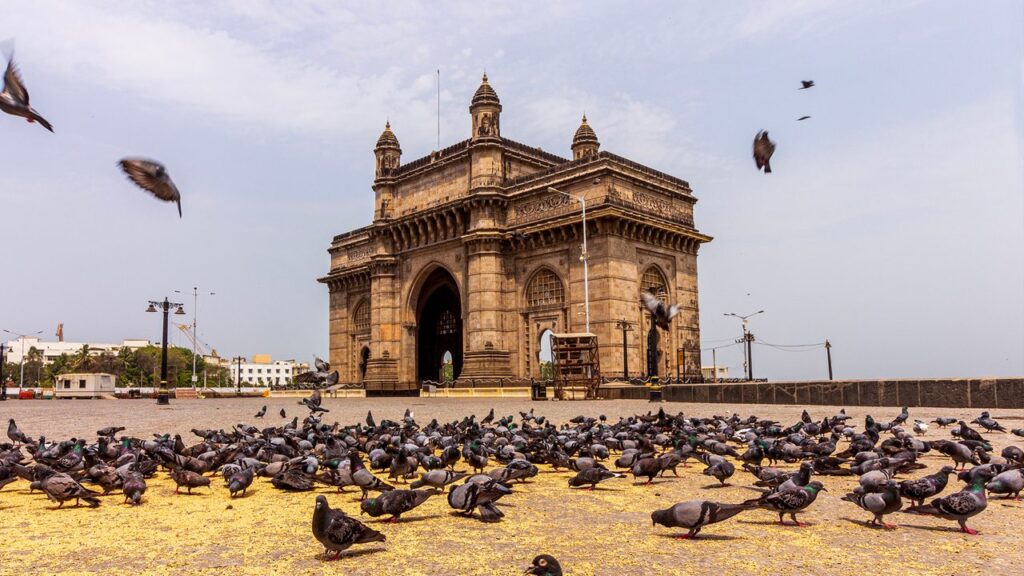
- World Place: Ranked 18th with one of many quickest development charges in India.
- Key Industries: Fintech, media, and client web dominate the ecosystem.
- Funding Entry: Near inventory exchanges, banks, and enterprise funds.
- Investor Function: Angel traders and corporates actively foster early-stage ventures.
- Workforce: Cosmopolitan and various, fueling creativity and commercialisation.
4. Hyderabad – The SaaS & AI Progress Hub
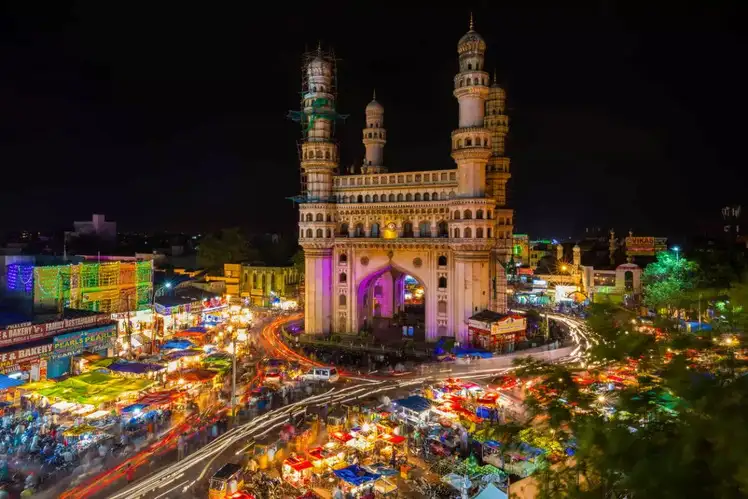
- Focus Areas: SaaS, biotech, deep tech, and health-tech.
- Institutional Assist: Anchored by T-Hub and WE Hub.
- State Initiatives: Progressive insurance policies improve attractiveness for world corporations.
- Value Benefit: Decrease operational prices in comparison with Bengaluru.
- Expertise Base: Robust provide of engineers and researchers drives competitiveness.
5. Pune – The Tech & Schooling Metropolis
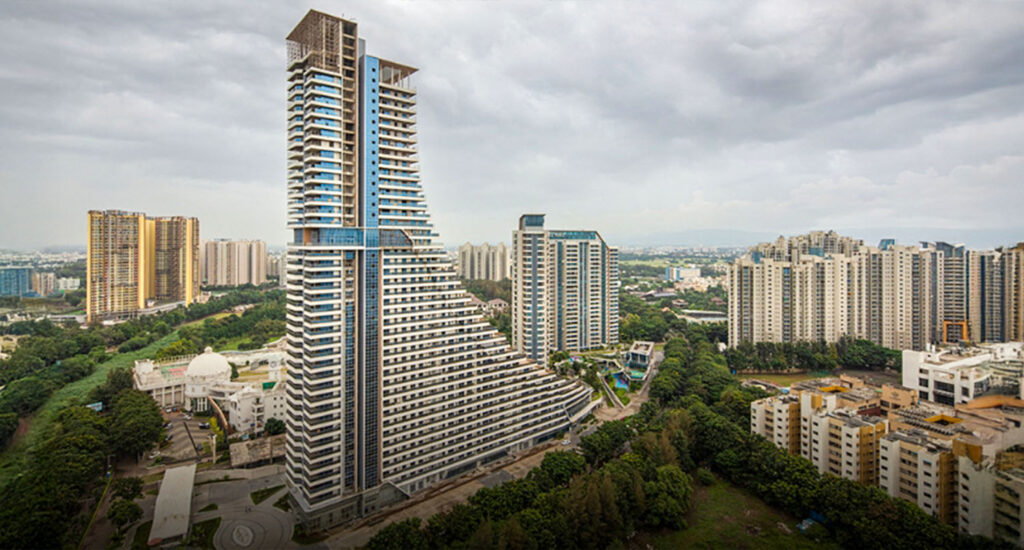
- Recognition: Named one in every of Asia-Pacific’s “Rising Stars.”
- Sectoral Focus: Outstanding in edtech, electrical automobiles, and deep tech.
- Instructional Spine: Quite a few universities nurture a youthful, expert workforce.
- Affordability: Decrease infrastructure prices than bigger metros.
- Strategic Worth: Robust IT presence and proximity to Mumbai support development.
Additionally learn: Prime Tier-II Cities in India Rising as Actual Property Hotspots in 2025
6. Chennai – The SaaS Powerhouse
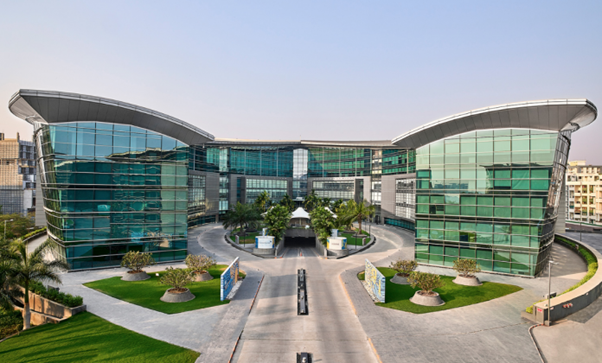
- Id: House to world SaaS leaders like Zoho and Freshworks.
- Strengths: Enterprise expertise, logistics, and industrial innovation.
- Supportive Ecosystem: Backed by state incubators and accelerators.
- Expertise Provide: Robust engineering base sustains SaaS development.
- World Recognition: Increasing visibility as a distinct segment enterprise hub.
7. Ahmedabad – Manufacturing & Agritech Hub
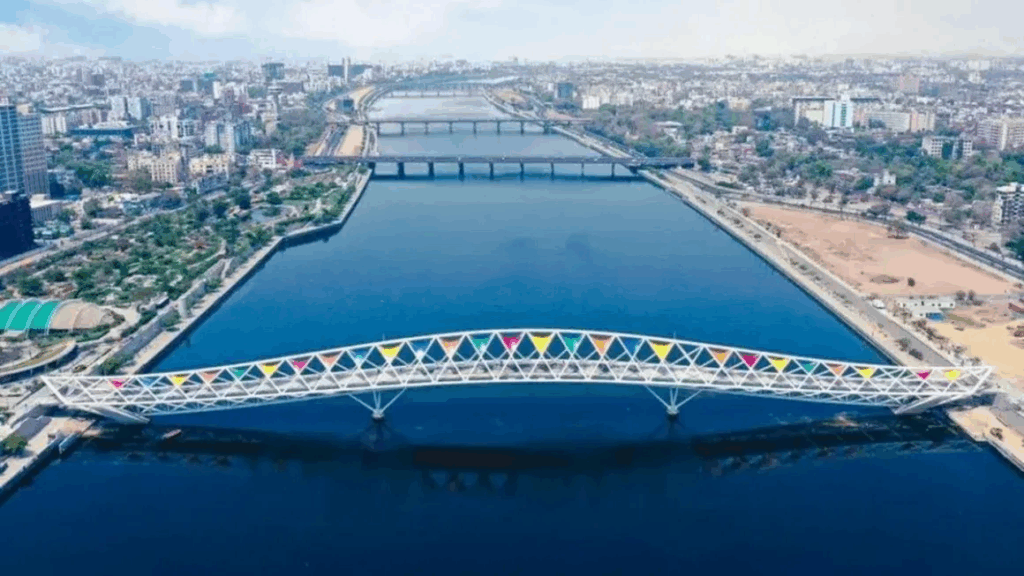
- Industrial Base: Robust basis in textiles and manufacturing.
- Sectoral Progress: Increasing presence in agritech and logistics.
- Coverage Local weather: Gujarat’s investor-friendly framework helps entrepreneurs.
- Value Advantages: Decrease working prices in comparison with Tier-I metros.
- Market Traits: Rise of direct-to-consumer manufacturers marks adaptability.
8. Jaipur – The Cultural & D2C Startup Metropolis
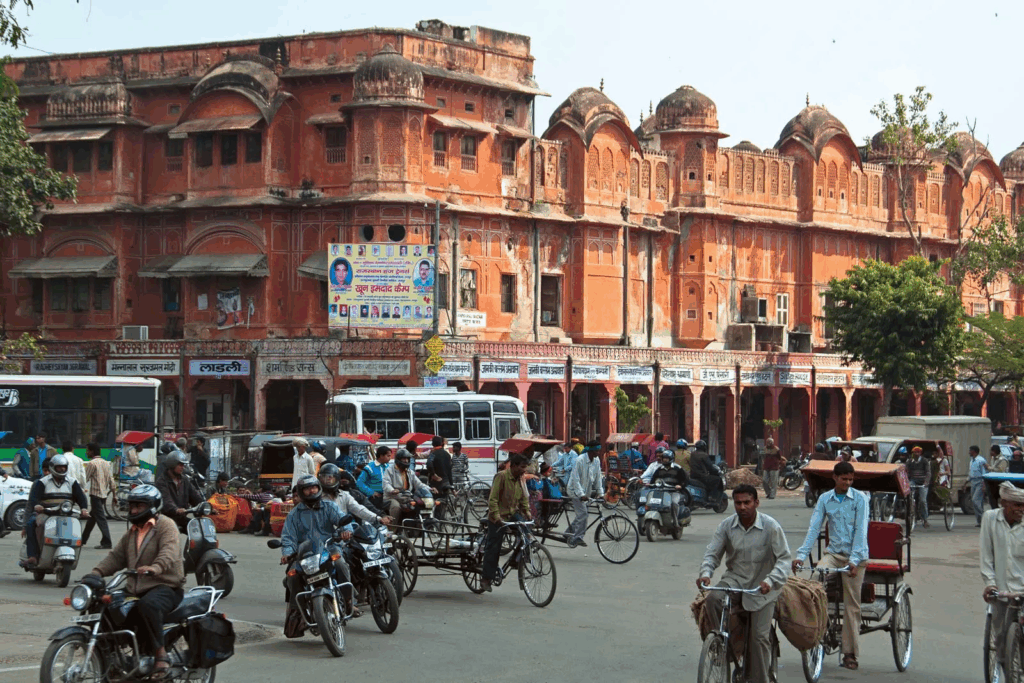
- Focus Areas: D2C manufacturers, crafts, and tourism-related expertise.
- Infrastructure: Inexpensive and fitted to early-stage firms.
- Ecosystem Drivers: Incubation facilities and youth entrepreneurship.
- Cultural Leverage: Heritage blends with innovation to draw expertise.
9. Kochi – Kerala’s Innovation Hub
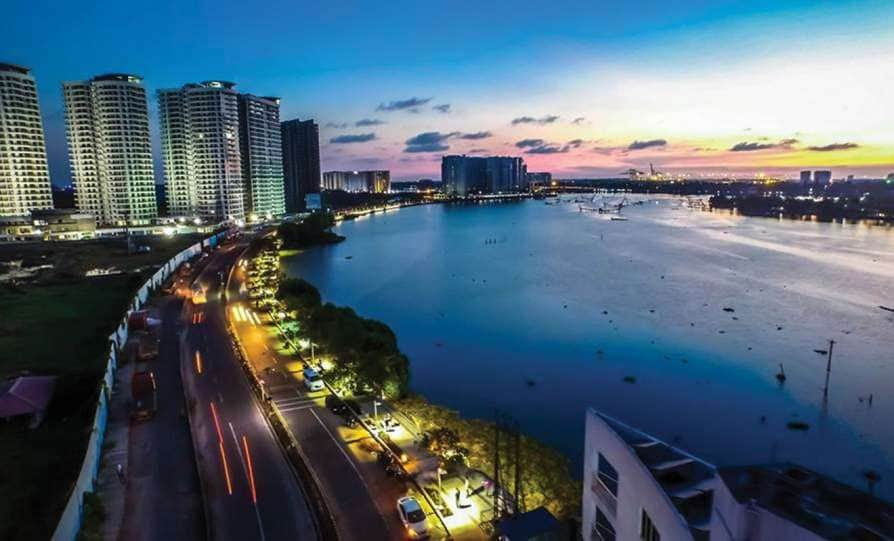
- Institutional Assist: Backed by Kerala Startup Mission (KSUM) and Startup Village.
- Sectors: Robust in tourism expertise, maritime innovation, and health-tech.
- Location Benefit: Positioned on world commerce routes.
- Neighborhood Tradition: Collaborative ecosystem promotes innovation.
10. Bhubaneswar – The New Entrant
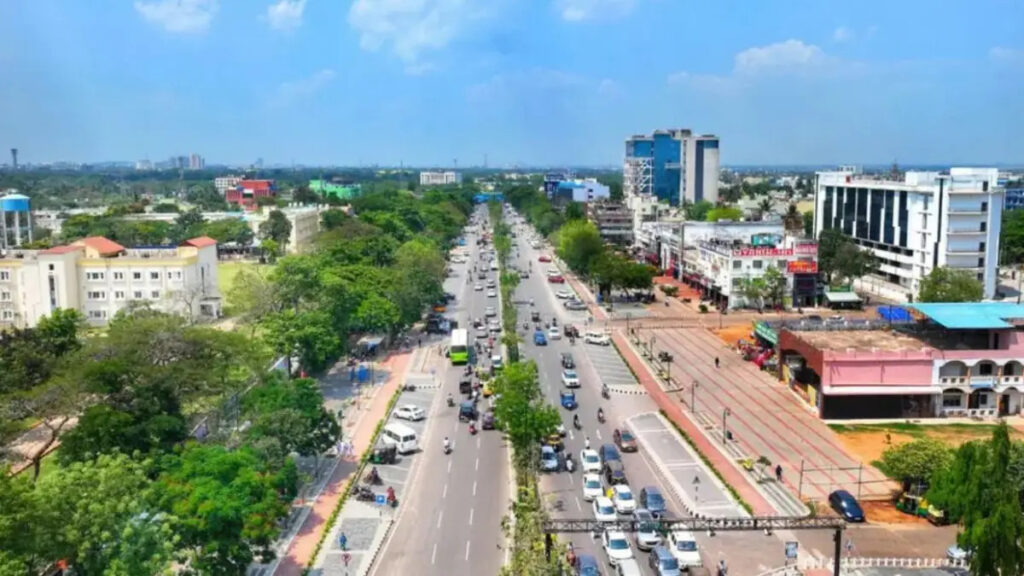
- Rising Sectors: IT, renewable vitality, and education-focused startups.
- Authorities Function: State initiatives actively help entrepreneurs.
- Value Effectivity: Inexpensive operations entice early ventures.
- Regional Place: Rising as East India’s main innovation hub.
Rising Traits & Sectoral Strengths
India’s startup panorama shouldn’t be uniform—it has distinct clusters, every with its personal distinctive strengths. Bengaluru and Hyderabad are residence to a surge in AI and SaaS corporations, whereas Delhi NCR and Mumbai have turn into hotbeds for fintech innovation. Within the West, Ahmedabad is displaying momentum in agritech and manufacturing, whereas cities like Jaipur and Kochi are seeing a rise in tourism-driven ventures. What’s putting is the change past the metros: Kolkata, Chandigarh, Mysuru, Visakhapatnam, and Ranchi are drawing consideration, displaying that India’s innovation financial system is slowly spreading into Tier-II and Tier-III hubs.
Elements Powering Progress
India’s startup increase shouldn’t be pushed by a single issue however by a mixture of funding, expertise, and coverage help. Enterprise capital, each native and overseas, has given founders the sources to increase at pace. Rising web entry, new sensible cities, and co-working hubs have made it simpler to launch and scale companies. Authorities applications like Startup India have added momentum. Universities and professionals coming back from abroad are additionally enriching the expertise pool, whereas Tier-II cities quietly achieve floor.
Conclusion
India’s startup ecosystem displays a robust mix of innovation, funding, and coverage help. Whereas metro hubs proceed to dominate, the rising function of Tier-II and Tier-III cities indicators a extra inclusive future. This decentralisation ensures that India’s entrepreneurial development will stay resilient, various, and globally aggressive.
Written by N G Sai Rohith









